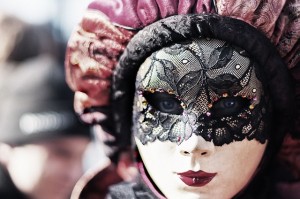Carnival
Projekte aus dem Unterricht der FOS/BOS Scheyern
Autoren: Laura Komarek, Patrick Weber, Marc Weingart
In the Middle Ages people already celebrated “Carnival“. Originally carnival was celebrated on the day before the beginning of Lent. The word carnival means “meat“ in Latin and that’s the reason why Carnival was celebrated the day before. During Lent, people were not allowed to eat any animal products or to have sex. Later it was celebrated earlier and earlier. In the 14th / 15th century the show customs, for example the Carnival procession, were introduced and people started to disguise themselves.
Only since the 19th century we have celebrated carnival as we know it today.
In Germany carnival isn’t celebrated in every part of the country. The center of the event is in Rhineland, where a lot of people celebrate “Karneval”. Famous cities are Cologne, Düsseldorf and Mayence. In other parts of Germany it is called “Fastnacht” or “Fasching“. In general, people dress up colorfully and visit the carnival parades and go to several parties. Usually it is a time of being happy and cheerful. Carnival begins on 11th November and ends the day before Ash Wednesday. People mainly celebrate from women’s carnival day to Carnival Tuesday and one day later, on Ash Wednesday, religious people begin the period of fasting for forty days until Easter.


